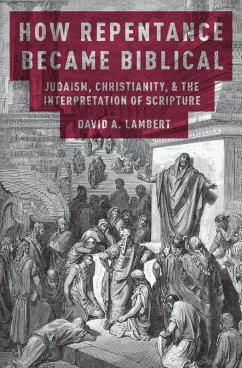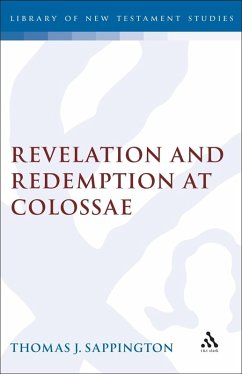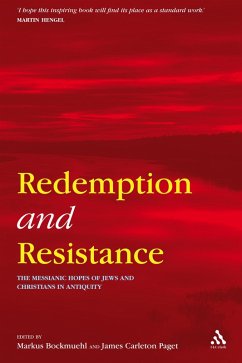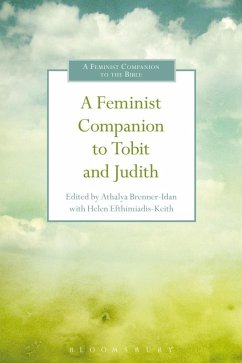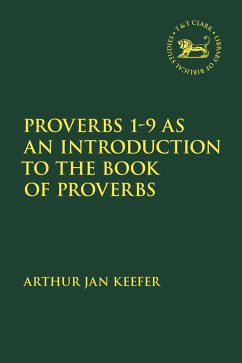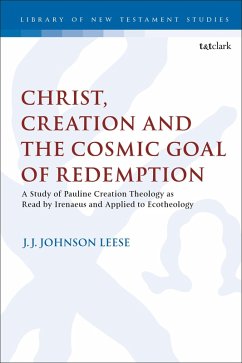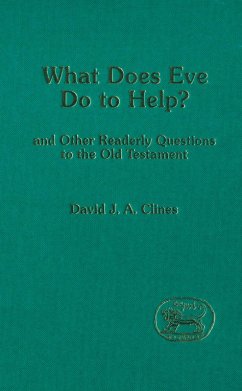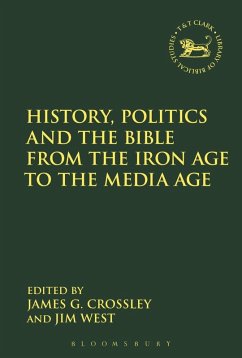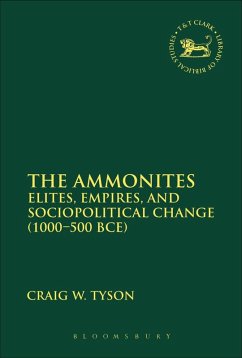
From Repentance to Redemption (eBook, PDF)
Jeremiah's Thought in Transition

PAYBACK Punkte
8 °P sammeln!
The relationship of repentance to redemption in Jeremiah is a problem compounded of authenticity and redaction. From an intensive analysis of the relevant texts and a review of the secondary literature, Unterman argues that the dominant trend of scholarship is methodologically flawed and biased. The Jeremianic texts dealt with in this study represent concepts and vocabulary which influence or logically precede Ezekiel and II Isaiah, fit the historical background of the late 7th and 6th centuries BCE, and relate to, but are essentially different from, the literature known as Deuteronomistic. Je...
The relationship of repentance to redemption in Jeremiah is a problem compounded of authenticity and redaction. From an intensive analysis of the relevant texts and a review of the secondary literature, Unterman argues that the dominant trend of scholarship is methodologically flawed and biased. The Jeremianic texts dealt with in this study represent concepts and vocabulary which influence or logically precede Ezekiel and II Isaiah, fit the historical background of the late 7th and 6th centuries BCE, and relate to, but are essentially different from, the literature known as Deuteronomistic. Jeremiah's thought on the relationship of repentance to redemption is to be understood from the historical and ideological background of the prophet himself. This thought progressed through three stages: in Jeremiah's early prophecies on redemption human repentance and divine mercy are equal factors; between 597 and 587 repentance plays a secondary role to YHWH's mercy; during the period of the destruction of Jerusalem the prophet's despair at the people's inability to repent results in the elimination of the demand for repentance, so that redemption would now depend solely on God's mercy. Included in this study are excursuses on the prophets Amos, Hosea, Ezekiel and II Isaiah, which help to place Jeremiah's thought in historical perspective.




